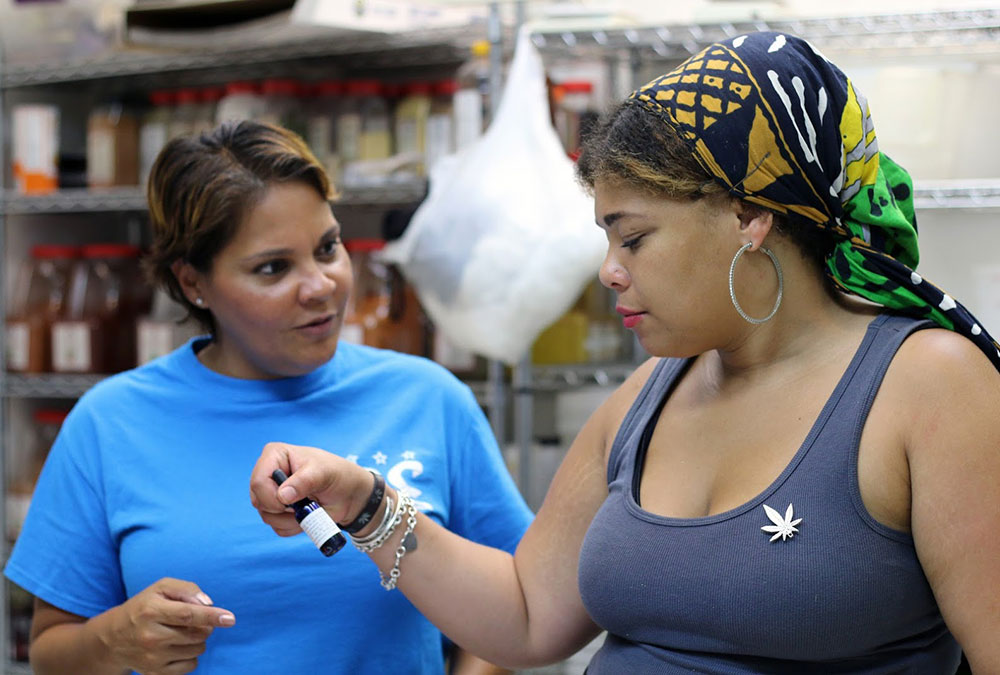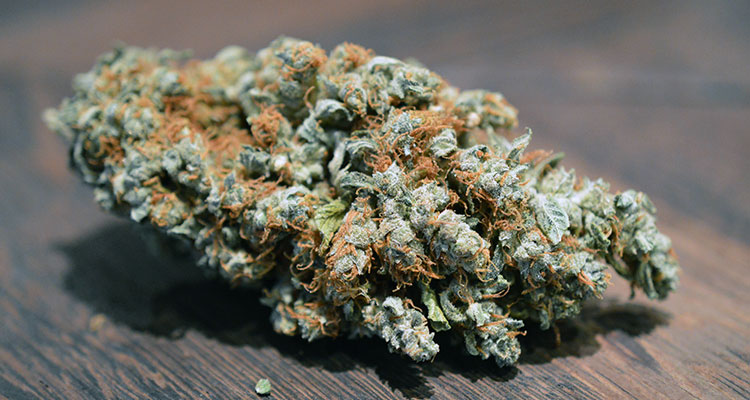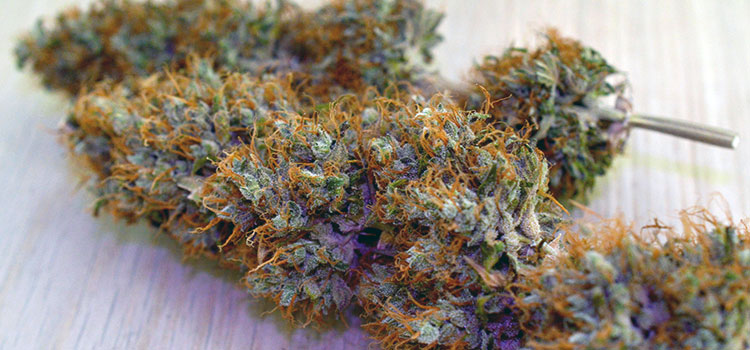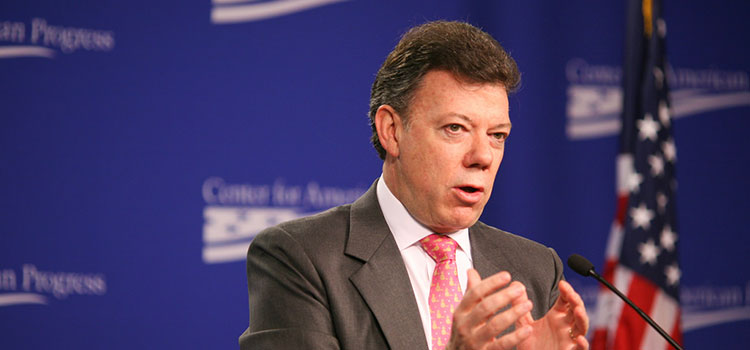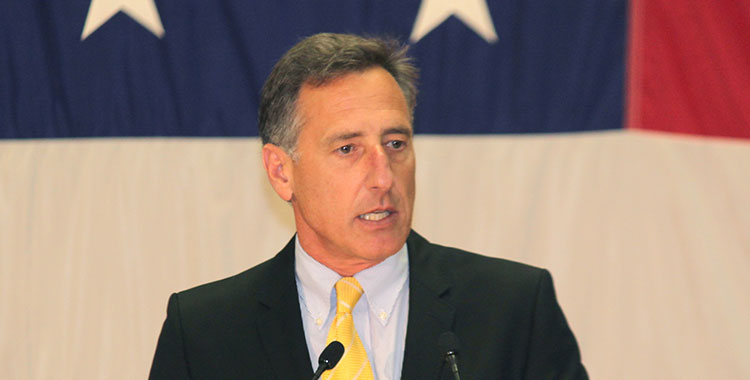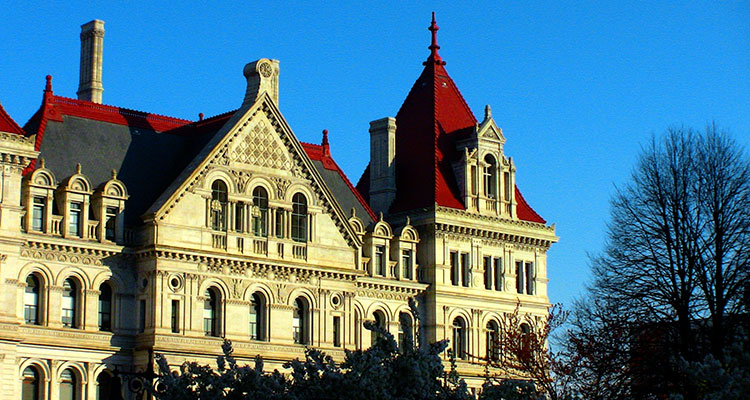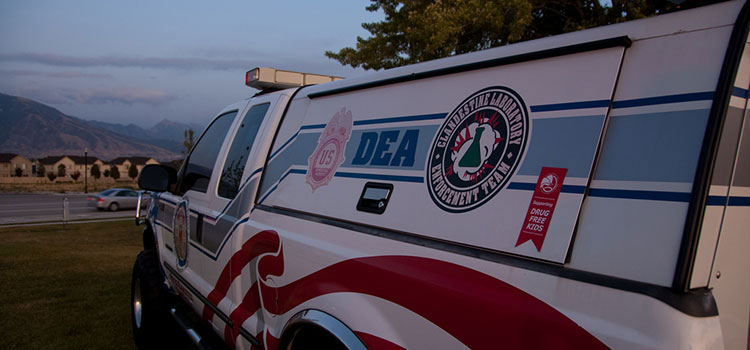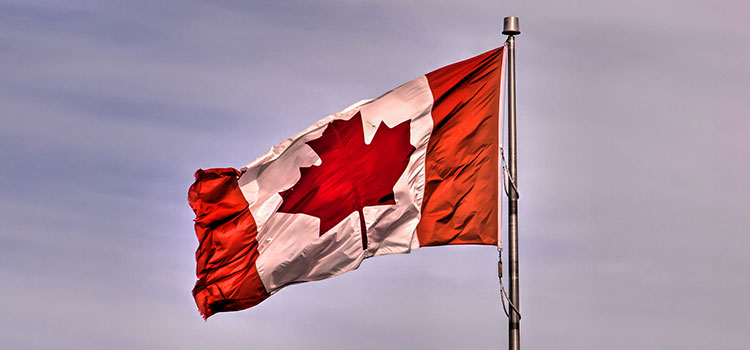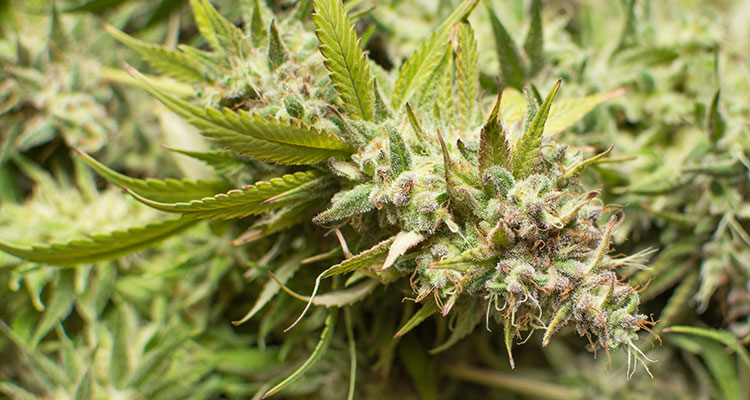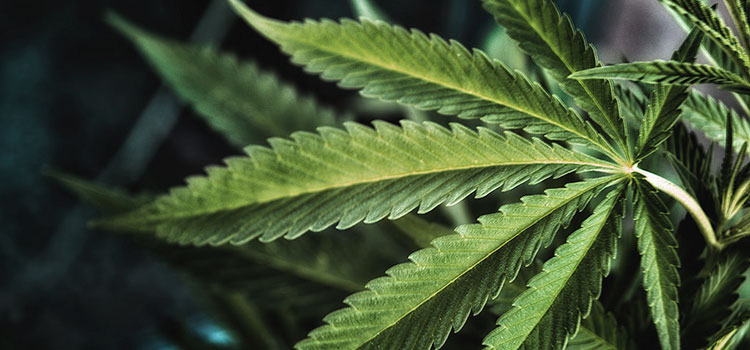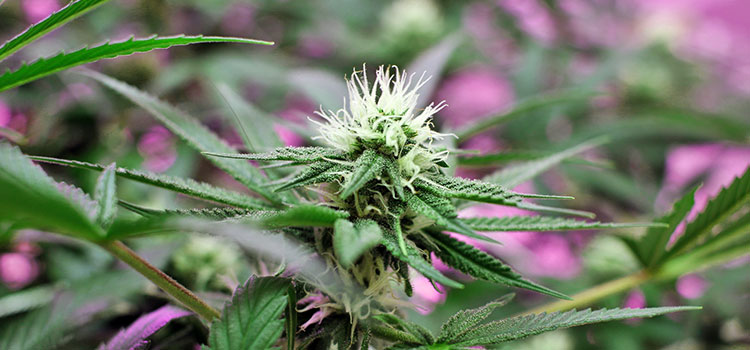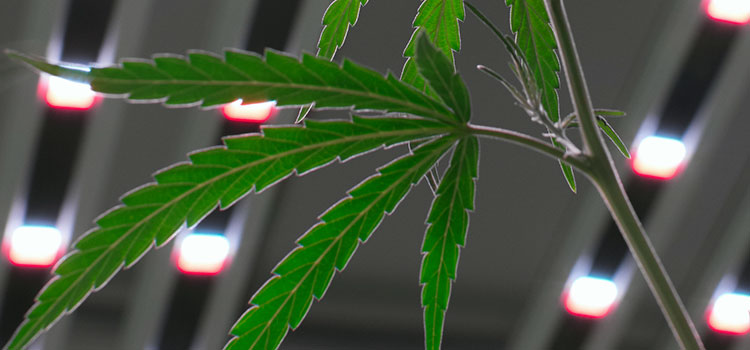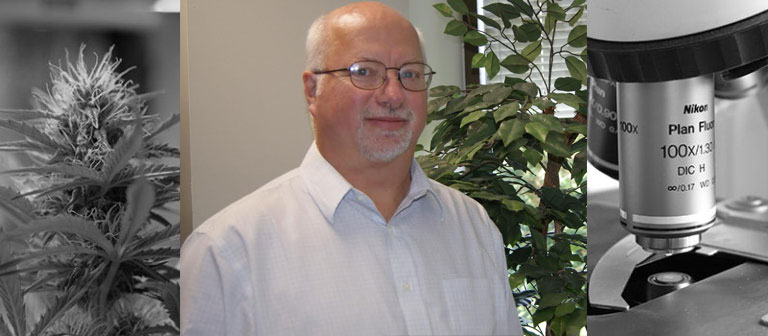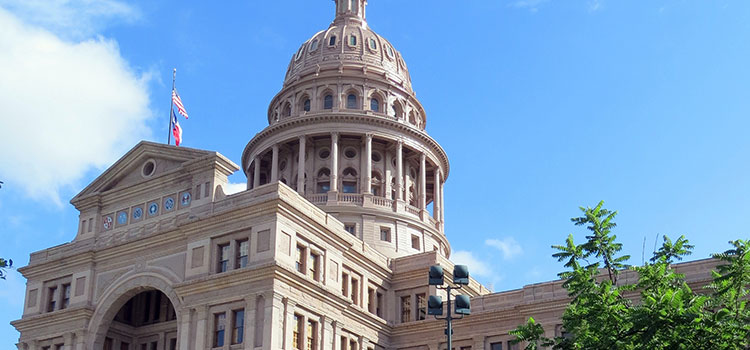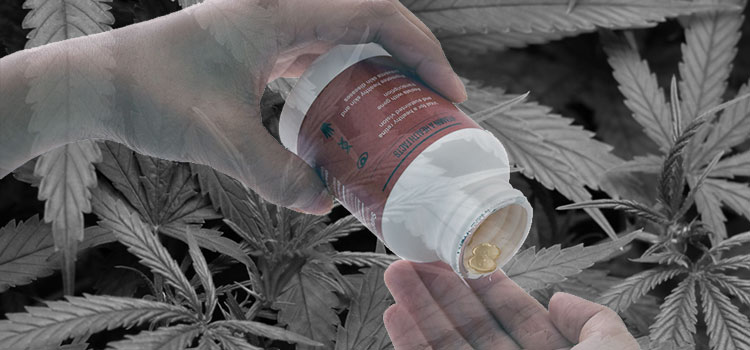Roger Brauninger is the Biosafety Program Manager for the American Association for Laboratory Accreditation (A2LA) — a non-profit, internationally recognized accreditation service that offers a full range of comprehensive laboratory and laboratory-related accreditation services and training.
In the following interview, Roger discusses why accreditation programs are so important in validating the cannabis industry, typical issues A2LA might encounter when performing cannabis lab inspections, the importance of educating about lab accreditation and internationally accepted testing procedures, and more.
Read the full interview below:
Ganjapreneur: What purpose does A2LA serve, and when was it founded?
A2LA’s purpose in the cannabis industry is to ensure there is confidence, competence and quality associated with the testing being performed. We accomplish this through the process of accreditation, which is a recognition of competence given to a laboratory by an authoritative body (such as A2LA) to perform specific tasks. Using the international standard ISO/IEC 17025 as the baseline requirements, applicant laboratories are assessed for their competence to perform the specific tests for which they sought accreditation. A2LA has been granting such accreditations to a diverse range of testing laboratories since its founding as a non-profit organization in 1978.
How long has A2LA served the cannabis space, and what led to your decision to do so?
A2LA has served the cannabis space with a dedicated accreditation program since 2014. However, we have accredited laboratories performing tests on other natural products, such as tobacco and dietary supplements, for more than 15 years. As the legalization of medical and recreational cannabis has spread, A2LA saw a critical need for reliable laboratory testing to provide the assurance of safety and confidence in the accuracy of the test results to the medical community and their patients as well as regulators and the consumer.
Could you elaborate on A2LA’s cannabis accreditation program? For example, what’s covered by the program, how much does it cost, who visits the lab to determine eligibility, etc.?
A2LA’s cannabis program uses the international standard, ISO/IEC 17025, as a basis for accreditation. This standard is non-prescriptive, making it sufficiently flexible to meet the needs of any cannabis testing laboratory. We also offer a voluntary accreditation to reflect additional Americans for Safe Access’ (ASA) Patient Focused Certification (PFC) cannabis-specific program requirements. These additional requirements address additional requirements covering both quality and technical that are unique to the cannabis testing laboratory. We will also incorporate any state-specific requirements in the assessment. A2LA utilizes persons who have the technical expertise to understand the working of an analytical laboratory to act as our contracted assessors. We ensure that these individuals have the unique technical experience which enables them to assess the laboratory’s testing capabilities. All of our cannabis program assessors have many years of experience in a related field such as analytical chemistry or testing on other natural products and we train them on how to assess the IS/IEC 17025 accreditation requirements.
What are the main differences between A2LA’s cannabis accreditation program and its other natural product programs?
Both programs use ISO/IEC 17025 as foundational requirements. The analytical instrumentation used for the analytical chemistry being performed by these laboratories are not significantly different either; however, recognized standard methods for the cannabis-specific industry have lagged behind and have generally not undergone similar multilaboratory collaborative validations as those methods in use for other natural products. Also, the cannabis program faces some unique challenges not seen elsewhere with respect to the availability of appropriate proficiency testing programs. This is because the shipping of such proficiency testing materials (especially Cannabinoids) across state lines above a specific concentration is prohibited by the federal government.
What are the most common issues you encounter with cannabis labs going through one of your accreditation programs?
The most common issue is the lack of experience with establishing a quality management system. We also encounter a lack of supporting infrastructure in terms of insufficient relevant proficiency testing programs, as well as fully duplicative reference materials and standards, due at least partially to the legal constraints placed on the industry by the Federal Government. There is a definite advantage for established laboratories who have experience performing accredited testing on other products. They have a proven system in place, making it simpler for them to add the additional structure for the testing of cannabis products, rather than starting from scratch.
What steps have you taken to address the need for laboratory standardization in the cannabis industry?
One of A2LA’s current focus in the industry is education: Educating regulators about the need for ISO/IEC 17025-accredited testing. Educating laboratories about why accreditation will ultimately benefit their operations. Educating the overall industry on how accreditation aids government agencies and the need for laboratory standardization. A2LA supports numerous federal and state agencies in other areas as a third-party accreditation body, providing the established infrastructure to accredit laboratories to international standards.
A2LA is also working to establish mutual partnerships with various organizations including the Cannabis Safety Institute and Americans for Safe Access. We also have established connections with proficiency testing providers, reference material producers and standards development organizations to improve laboratory standardization practices.If you could give one piece of advice to someone as they consider launching a cannabis testing lab, what would it be?
If you could give one piece of advice to someone as they consider launching a cannabis testing lab, what would it be?
We would advise that the laboratory be launched with quality considered from the ground up. There seems to be a pattern of investors rushing into the cannabis market, but establishing a laboratory’s operations should not be rushed and should not be an afterthought. Using the ISO/IEC 17025 standard as a guide during the launch of a cannabis testing laboratory will ensure smooth operations, rather than working backwards to establish quality procedures once the laboratory is already up and running.
Does A2LA offer accreditation programs to cannabis testing labs in every state with a functioning industry?
Yes, A2LA accredits laboratories in any state/country with a functioning industry.Has A2LA ever changed its cannabis accreditation program based on new information pertaining specific to cannabis — or ever due to any regulatory changes?
Has A2LA ever changed its cannabis accreditation program based on new information pertaining specific to cannabis — or ever due to any regulatory changes?
A2LA has included in the cannabis program ASA-specific requirements which relate to cannabis-specific issues such as chain of custody, security, safety and reporting. Additional program requirements can be added on an as-needed basis, to support changing state regulations.
What’s one important topic that you hoped to cover during this interview that we haven’t touched on, yet?
A2LA would like to emphasize the fact that accreditation to ISO/IEC 17025 is an established infrastructure that is used worldwide to provide confidence in testing for numerous, different industries. It is not typically top of mind, but testing impacts every aspect of daily life for Americans – the water you drink, the electronics you use, clothing you wear, bridges and roads you drive on – all of these have been confirmed safe through testing. It is important that this testing is done correctly. Specifically, in the cannabis industry, competent testing lends validity to an industry that has been the victim of much skepticism and controversy. Accreditation of this testing provides an additional layer of trust in the safety of these products.
Thanks, Roger, for taking the time to answer our questions and share your expertise with our audience! If you have more questions about the A2LA cannabis laboratory accreditation program, you can read more or reach out for more information at the company website: A2LA.org.




